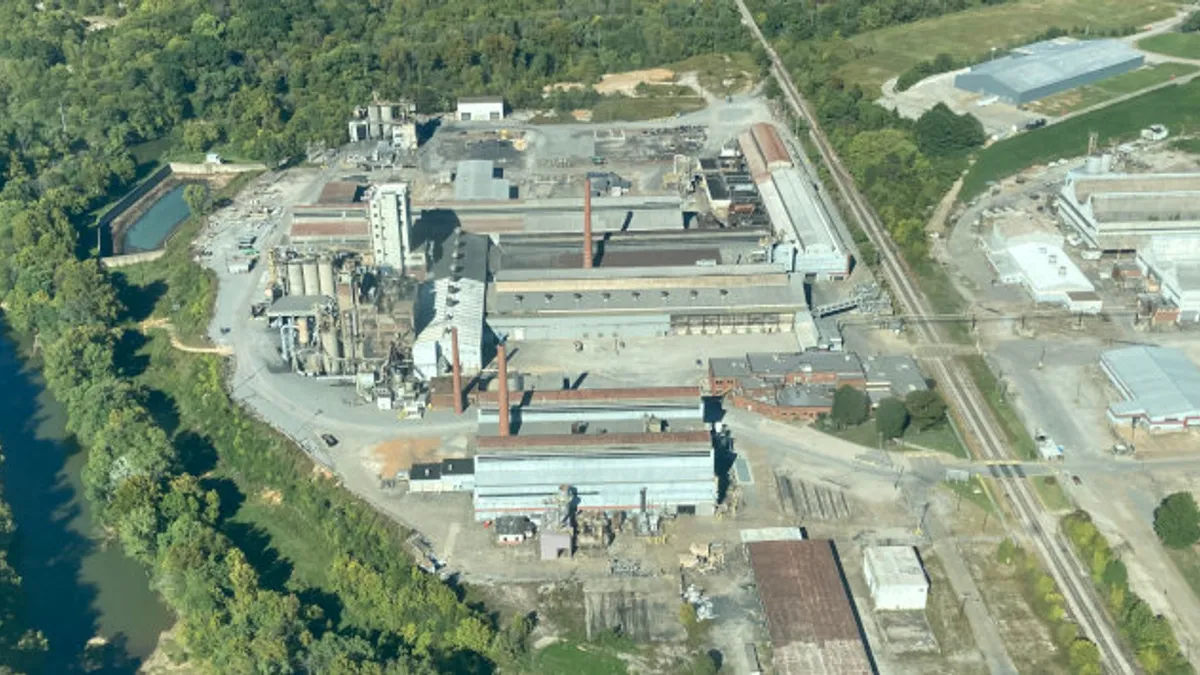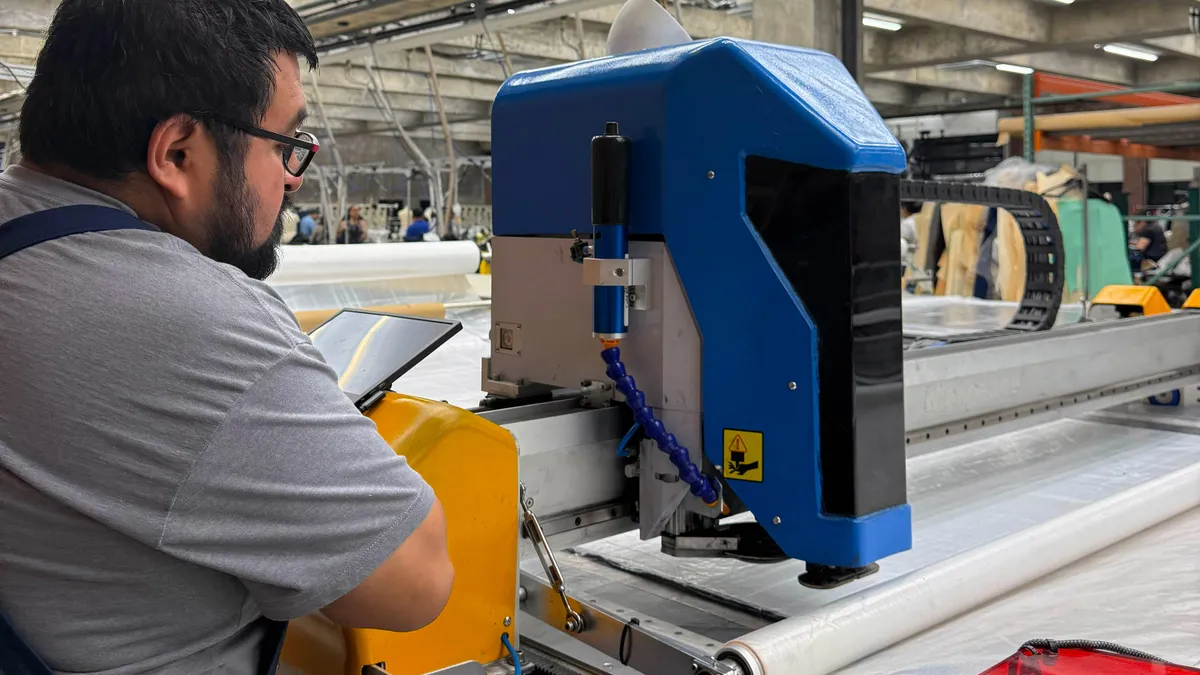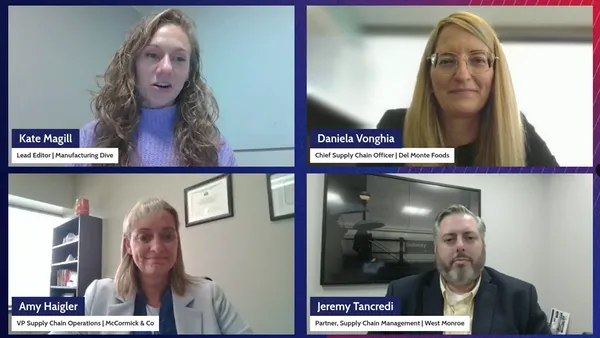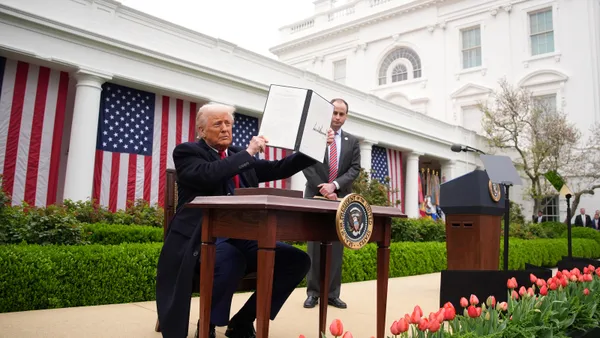France-based advanced materials maker Mersen opened a manufacturing facility in Columbia, Tennessee last week for synthetic graphite and insulation felt used in solar panels, EVs and semiconductors.
Mersen spent $70 million renovating its 10th U.S. facility, which it acquired in 2019 from New Jersey graphite company Graftech to grow its synthetic graphite production. Mersen plans to invest an additional $25 million to $30 million in the site this year.
More companies are focusing on graphite, a key component in many EV batteries among other green technologies, as countries transition to clean energy economies. As demand for the material sparks concern that the global market could be headed for a graphite shortage, synthetic graphite has emerged as another supply source catching the eyes of auto and battery makers.
General Motors and LG Energy Solutions’ joint battery venture Ultium signed a $733 million synthetic graphite deal earlier this year with Posco Chemical, and American Battery Factory secured a long-term supply deal with Anovion last November.
Mersen is focusing on renewable technology markets, including EVs, as part of its 2027 growth strategy.
“Our goal at Mersen was to find a solution that would give us the additional graphite production capacity we need to satisfy market demand from 2020 and beyond,” CEO Luc Themelin said at the time of the acquisition, adding the extra capacity gives Mersen “a new competitive advantage on certain materials the Group currently purchases from outside suppliers.”
The Columbia facility will produce two types of synthetic graphite, with an annual production capacity of 2,000 tons of isostatic graphite and 4,000 tons of extruded graphite. The advanced materials maker plans to further increase isostatic graphite production to 4,000 tons annually by the end of 2024.
“I’m very proud of what has been achieved at the Columbia site in the last four years, in terms of redevelopment, investment, production start-up and more. It is now a key site in our manufacturing base,” the CEO said in a statement. “We intend to continue investing to meet increased demand from sustainable development markets, particularly the SiC semiconductor market.”
As part of its 2027 strategy, Mersen is also working on developing expertise in silicon carbide semiconductors and striking up multi-year contracts with industry players.












